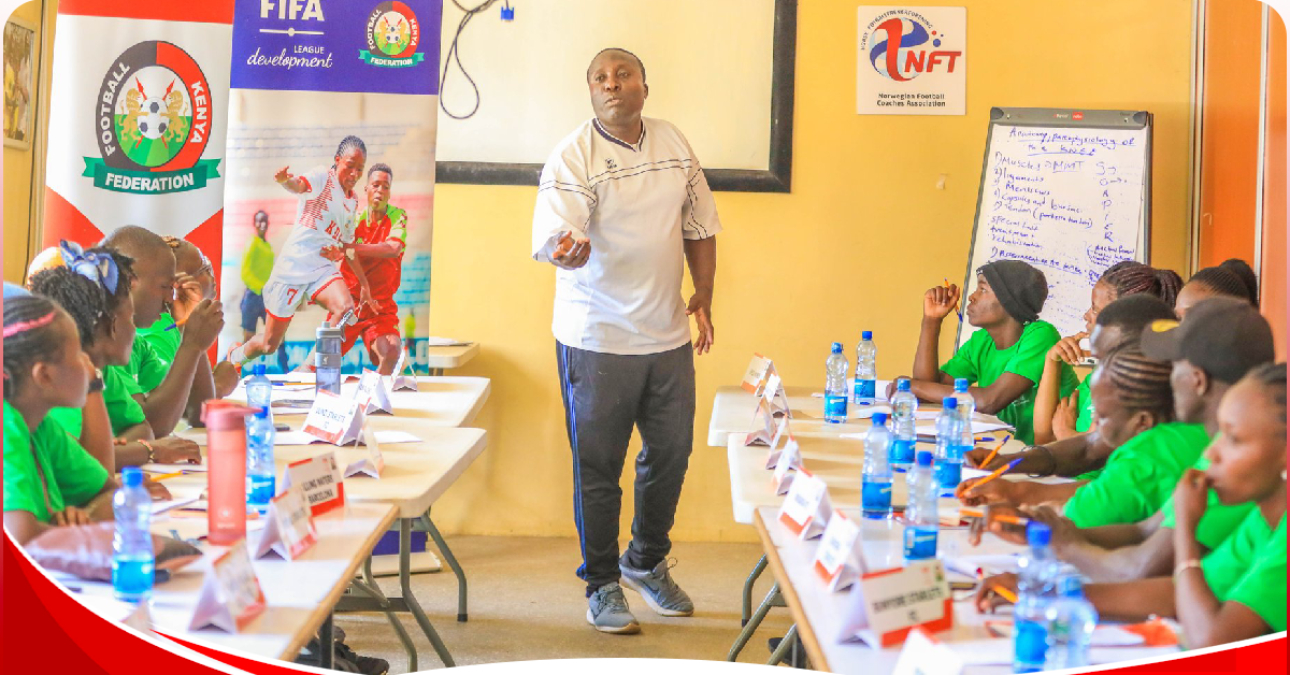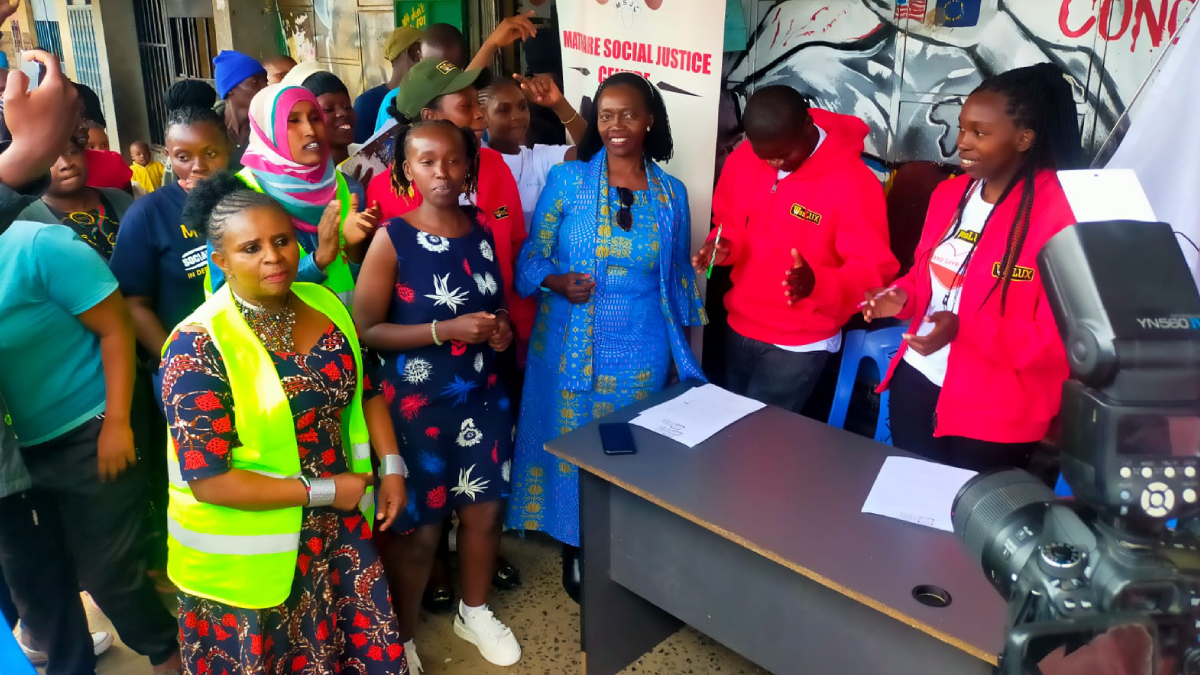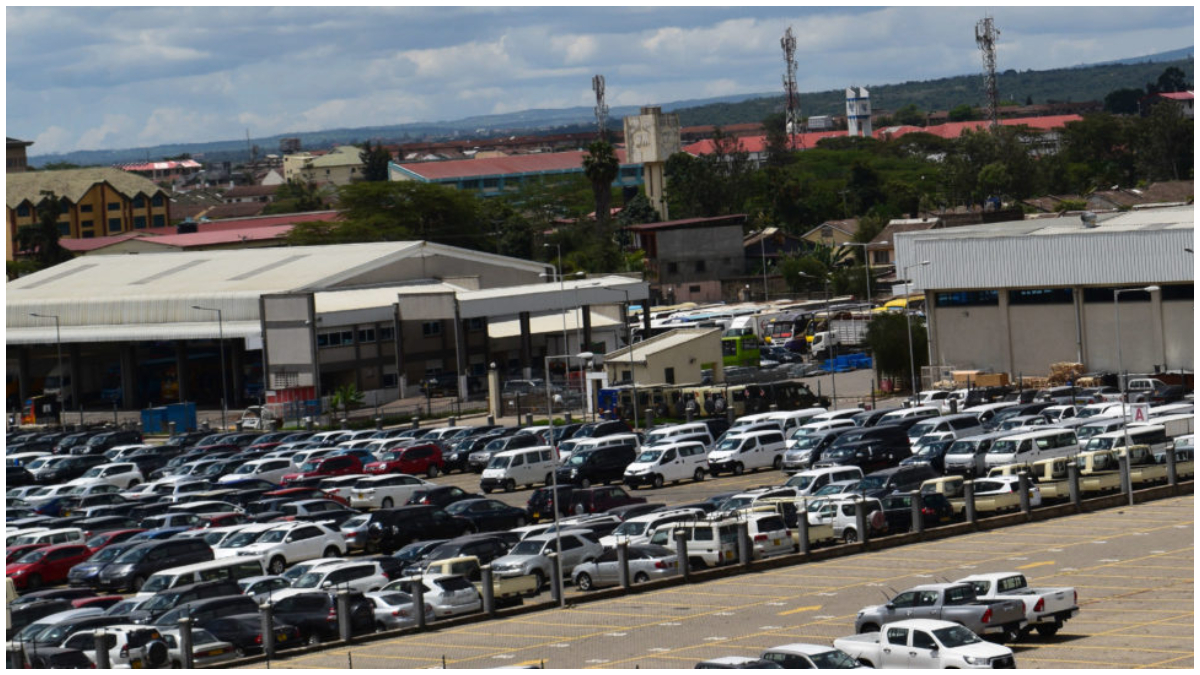Last week, opposition leader Raila Odinga formally announced his bid for the AU Commission (AUC) chairpersonship.
While announcing his bid to the nation on Thursday, February 15, Raila was flanked by former Nigeria President Olusegun Obasanjo, a respected figure in the African continent.
Ever since this announcement, politicians from both political divide (Kenya Kwanza and Azimio-One Kenya) have come together to support Raila’s bid, both agreeing that he is best suited to lead the vital continental body based on his work ethics and political experience.
If he succeeds in his quest, the former prime minister will be taking over from Moussa Faki Mahamat whose term ends in 2025. The Chadian is serving his final term in office having been re-elected on February 2, 2021.
But what exactly to the AUC Chairperson do?

What’s AU Commission chairperson job?
The Chairperson of the African Union Commission is the Chief Executive Officer, legal representative of the AU and the Commission’s Chief Accounting Officer.
The Chairperson of the Commission is a transformative leadership role responsible for driving the performance of the AU Commission in delivering the continental vision of an integrated, prosperous and peaceful Africa.
The Chairperson is directly responsible to the Executive Council for the discharge of his/her duties. The Chairperson of the Commission shall have a high commitment to pan-African values and the guiding principles of the African Union.
Statutory functions
a) As Accounting Officer of the Union, is responsible for the administration and enforcement of the AU Financial Rules and Regulations across the Union and ensuring overall administrative and financial compliance;
b) Chairs all Commission meetings and deliberations to determine the order of the agenda items, ensures clear and inclusive submission of information by attendees and directs discussions towards achieving consensus and way forward;
c) Undertakes measures aimed at promoting and popularizing the Africa Union’s objectives and enhance its performance in achieving its mandate;
d) Submits reports to the Assembly, Executive Council, Permanent Representatives Committee (PRC), committees and any other organs to inform effective decision-making;
e) Prepares, with the PRC, the African Union (AU) budget and strategic planning documents of the AU to ensure timely planning and acquisition of adequate resources necessary for achieving AU’s objectives;
f) Acts as a depository for all AU and OAU treaties and legal instruments;
g) Facilitates the functioning, decision-making and reporting of all AU organ meetings, and ensure conformity and harmony with agreed AU policies, strategies, programmes and projects;
h) Consults and coordinate with Member States’ governments, other institutions and the Regional Economic Communities (RECs) on the AU’s activities, and carry out the AU’s diplomatic representations;
i) Leads efforts in determining the size and structure of the African Union Commission through organisational reviews, staff appointments and capacity building to ensure the Commission has adequate capacity to fulfill on its mandate;
j) Assumes overall responsibility for the Commission’s administration and finances to ensure efficient and effective undertaking of the Commission’s mandate as the secretariat of the AU;
k) Prepares the annual report on the AU and its organs’ activities to inform on the progress of AU projects and programmes and provide recommendations on the way forward; and
l) Contributes towards making Africa a significant partner in the global level as well as an integrated bloc within the continent by participating in global platforms, conferences and meetings to build mutually beneficial strategic linkages with other regional, continental and global organisations.
Specific Responsibilities
a) Leads the implementation of the Commission’s mandate and policies in line with the aspirations set out in Agenda 2063, the associated medium-term plans and other key continental legal and policy frameworks;
b) Drives and supervises the performance and delivery of the Commission’s senior leadership team to establish a high-performing efficient and effective organization that is able to deliver on agreed continental priorities, attract and retain the best quality staff at all levels while operating within a strong accountability and performance-based framework;
c) Drives the implementation of the AU institutional reform agenda;
d) Leads diplomatic engagements and implement tasks assigned by the AU Assembly of Heads of State and Government and the Executive Council;
e) Drives the coordination and management affairs in respective portfolio departments and service departments in the AUC;
f) Liaises closely with the organs of the Union to guide, support and monitor the performance of the Union in the various areas to ensure conformity and harmony with agreed policies, strategies, programmes and projects;
g) Assesses the need for AU branches, administrative and technical offices in conjunction with the PRC as may be considered necessary for the adequate functioning of the Commission, and create or abolish them as necessary with the approval of the Assembly;
h) Drives effective co-ordination of AU strategic partnerships in support of the delivery of continental priorities;
i) Ensures the smooth and efficient functioning of AU statutory meetings; Coordinate all activities and programmes of the AUC related to gender issues and ensure gender equity in all affairs of the AUC;
j) Establishes an institutional culture that promotes integrity, strong ethical practices, accountability, good governance and strong staff performance and delivery;
k) Carry out such other functions as may be determined by the Assembly or the Executive Council.
Chairpersons of the African Union Commission
- 2017– current – Moussa Faki Mahamat, Chad
- 2012–17- Nkosazana Dlamini Zuma, South Africa
- 2008–12 – Jean Ping, Gabon
- 2003–08 – Alpha Oumar Konaré, Mali
- 2002–03 (OAU–AU transition years) – Amara Essy, Côte d’Ivoire (interim)














